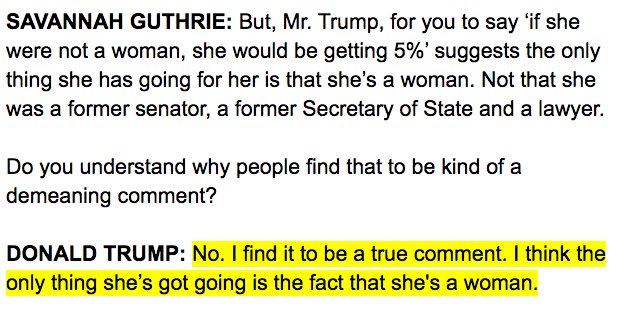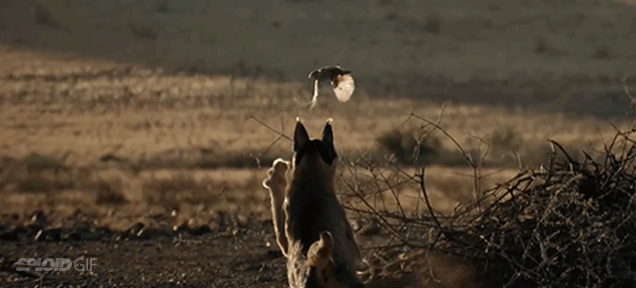The signs are everywhere this morning: The Clinton and Sanders camps are now signaling how the Democratic primaries might wind down without too much noise, contentiousness, disruption, and anger. Could things still get very ugly? Yes. But at this point, thats looking less likely than the alternative.
In an interview with me, Rep. Keith Ellison, a top supporter of Bernie Sanders who is also the co-chair of the Congressional Progressive Caucus, suggested the Clinton camp had some work to do in order to appeal to Sanderss supporters. But he also carefully noted that Sanders would not do anything to imperil the party unity that will be required to defeat Donald Trump.
Young people have a set of priorities that make them want to support Bernie Sanders, Ellison said. If hypothetically she wins the nomination, in order to get people to support Bernie, shes going to have to carry the banner that Bernie carried in an overt way. Shes going to have to make it clear to people who support Bernie that she gets where hes coming from.
But Ellison added: Every Bernie supporter knows that this Supreme Court issue is looming. Well have party unity
.everybody has a responsibility to make sure there will never be a President Trump. Bernie has been around a long time
.hes not going to hand this country over to Donald Trump.
Meanwhile, Politico reports that Sanders is increasingly focused on seeking influence over the party agenda as a way to wind things down. Hes hoping for signs of genuine commitment to priorities like debt free college and a $15 minimum wage, and to reforms to the nomination process that might maximize participation among the sort of young, unaffiliated Sanders voters who were excluded from the New York primary.
On the Clinton side, the Post reports that a top Clinton backer, Senator Dianne Feinstein, is now calling for both camps to work together, across our party, to have a platform that represents the views of Democrats. And:
In 2008, after the divisive primary season concluded, Feinstein opened her Washington manse to host a secret unity meeting between Obama and Clinton. She said she would reprise that role for Clinton and Sanders. Id be very happy to offer that, Feinstein said.
The other day, another top Clinton backer, Senator Sherrod Brown who has great credibility among economic progressives also offered in an interview with me to take part in any negotiating efforts to unite the camps. He even suggested that Clinton should work with him on the platform, and offered some areas of common ground they could reach on financial reform (an area of real disagreement), such as how to toughen up Dodd-Franks requirements for big banks plans to wind down in a crisis.
The Clinton campaign has regularly pointed out that Sanders could also aid any unity efforts by toning down his criticism of her. And it still remains unclear whether the Clinton campaign even sees any need for substantial unity efforts in order to swing his supporters behind her. But todays New York Times reports: Democratic leaders are especially sensitive to his following among young people, who have voted for him by staggering margins, and whose support Mrs. Clinton may rely on against Mr. Trump in the November election.
It also remains unclear what sort of rapprochement around merged policy priorities would both appease Sanders and be acceptable to Clinton (should she decide she needs to do this). But as Ed Kilgore explains, it wouldnt be that hard to work out some kind of solution, in which Clinton redoubles her vow to prioritize areas in which they agree (such as campaign finance and voting access reform) and firms up her commitments to broad goals in areas where they still differ (somewhat), such as the $15 minimum wage and efforts to combat climate change. Meanwhile, the party might punt the goal of nomination process reform to a post-convention commission, as Kilgore puts it.
And at the same time, high profile supporters of both, such as Ellison, Feinstein, and Brown, seem ready to help smooth and sell that process.






